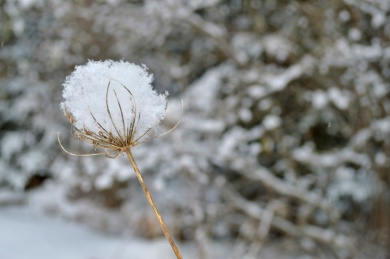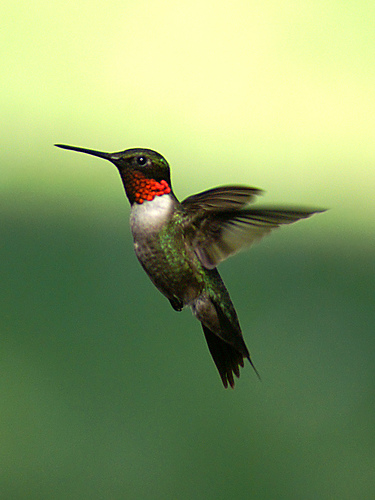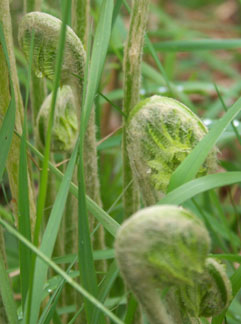Hark, I hear a robin calling!
List, the wind is from the south!
And the orchard-bloom is falling
Sweet as kisses on the mouth.
In the dreamy vale of beeches
Fair and faint is woven mist,
And the river’s orient reaches
Are the palest amethyst.
Every limpid brook is singing
Of the lure of April days;
Every piney glen is ringing
With the maddest roundelays.
Come and let us seek together
Springtime lore of daffodils,
Giving to the golden weather
Greeting on the sun-warm hills.
Ours shall be the moonrise stealing
Through the birches ivory-white;
Ours shall be the mystic healing
Of the velvet-footed night.
Ours shall be the gypsy winding
Of the path with violets blue,
Ours at last the wizard finding
Of the land where dreams come true.
Lucy Maude Montgomery







 With the apple blossoms, summer has unofficially begun…
With the apple blossoms, summer has unofficially begun…
